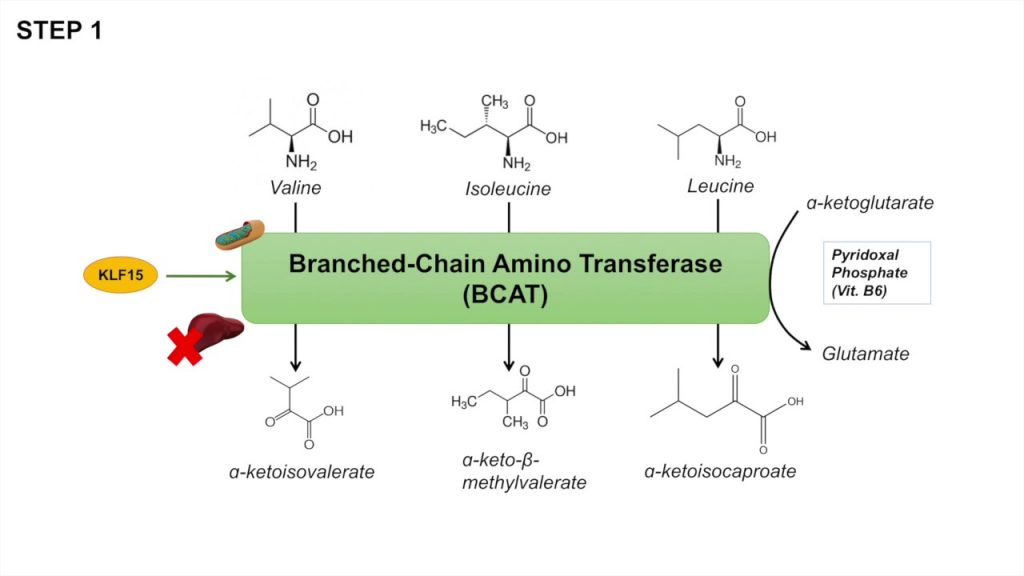What is BCAA (Branched chain Amino Acid), what are benefits and Side effects?

What Are BCAAs?

Branched-chain amino acids (BCAAs) are a group of three essential amino acids: leucine, isoleucine and valine.
They are the building blocks of protein, which helps your body build muscle, repair muscle damage, and regulate immune function, among other things. While there are 21 amino acids in total, nine are essential—essential, because your body can’t produce them, but you need them to live.
BCAA supplements are commonly taken in order to boost muscle growth and enhance exercise performance. They may also help with weight loss and reduce fatigue after exercise.
Molecular Structure of BCAA is like

Benefits of taking BCAA
BCAAs May Reduce Fatigue during Exercise
BCAA Supplements Reduce Muscle Soreness
BCAAs May Increase Muscle Mass / Increase Muscle Growth
BCAAs May Lower Blood Sugar Levels
BCAAs May Enhance Weight Loss
BCAAs May Reduce Complications in Liver Disease
Who should take BCAA powders?
Taking BCAA powders correctly can increase performance while also boosting muscle recovery, protein synthesis.

This is applicable to virtually everyone who exercises, and wishes to increase the rate of progress through supplementation.
- Athletes
- Bodybuilders
- Runners
- Cross-fitters
Top Food Sources
Luckily, there’s a large variety of foods that contain BCAAs. Those with the highest amounts include :
Meat, poultry and fish: 3–4.5 grams per 3 oz (84 grams)
Beans and lentils: 2.5–3 grams per cup
Milk: 2 grams per cup (237 ml)
Tofu : 0.9 to 2.3 grams per 3 oz (84 grams)
Cheese: 1.4 grams per 1 oz (28 grams)
Eggs: 1.3 grams per large egg
Pumpkin seeds: About 1 gram per 1 oz (28 grams)
Quinoa: 1 gram per cup.
Nuts: 0.7–1 gram per 1 oz (28 grams)
Conclusion
Branched-chain amino acid supplements may provide impressive benefits in certain circumstances, especially when it comes to muscle growth and physical performance.
However, BCAAs can also be found in whole protein supplements as well as in a large variety of protein-rich foods.
Therefore, taking BCAA supplements may not be necessary, especially if you get sufficient amounts through your diet or a protein supplement.